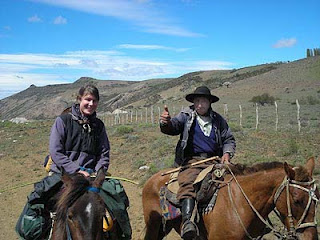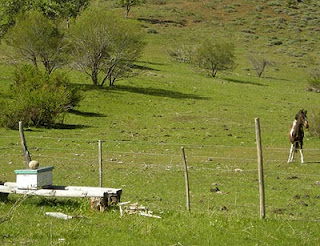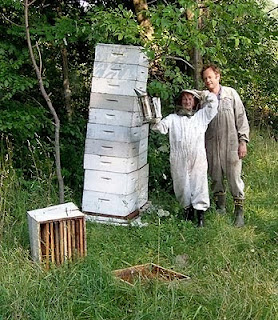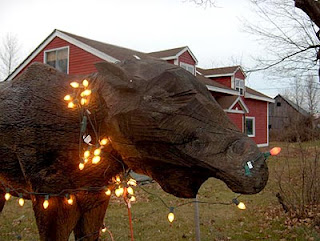Health & the Hive: A Beekeeper’s Journey
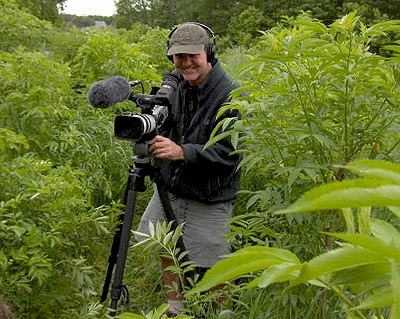
filming making cuttings of elderberry for the community
Environmental filmmaker Jan Cannon has spent many days of the last two years with the crew of Honey Gardens, in the field with the bees, moving through the seasons with the bees, filming as we were making plant medicine, talking with and gathering footage of our team of queen breeders, bee venom therapist, vegetable and dairy farmers. His film is all about the teamwork that makes this work possible, and it documents the changes in our work at Honey Gardens.
We are grateful to Jan for his heartfelt film on the bees and Honey Gardens.
www.jancannonfilms.com
Health & the Hive: A Beekeeper’s Journey explores the importance of honeybees in our lives and the many health benefits that come from the beehive. The film considers the current state of the bees and suggests approaches to beekeeping and agriculture that would improve the outlook for bees and the humans who rely on them. Some of the topics addressed in the film are pollination, queen breeding, disease control, bee venom therapy, organic agriculture and honey based plant medicine. This film is 53 minutes and is available here
